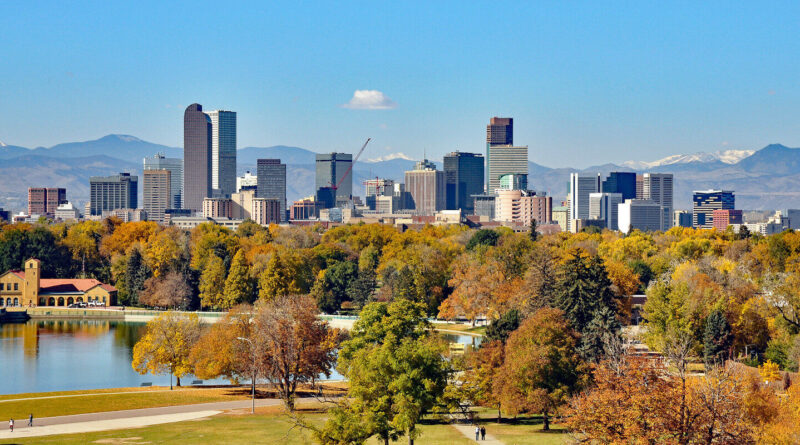History of Denver Colorado
Denver, Colorado, also known as the Mile High City, has a rich and storied history that spans more than 150 years. The city was founded in 1858 during the Pikes Peak Gold Rush, and it quickly grew into a bustling hub of activity, thanks in large part to its strategic location at the base of the Rocky Mountains.
The first settlers in the Denver area were a group of prospectors known as the “Fifty-Niners,” who were drawn to the region by the promise of gold and other valuable minerals. The city was initially called “Denver City,” in honor of James W. Denver, the governor of the Kansas Territory at the time. Denver City quickly grew into a center for mining and commerce, and by the late 1860s, it had become the largest city in the Colorado Territory.
In 1876, Colorado achieved statehood, and Denver became the state capital. The city continued to grow and prosper, thanks in large part to the discovery of silver in the nearby mountains. By the turn of the 20th century, Denver had become a major transportation hub, with railroads and roads connecting it to the rest of the country.
During the early 20th century, Denver experienced a period of rapid growth and modernization. The city built new infrastructure, such as parks and hospitals, and attracted new residents and businesses. Denver also played an important role in the development of the American West, and it was home to a number of prominent figures, including Buffalo Bill Cody and Molly Brown.
In the decades following World War II, Denver saw a significant influx of people moving to the city. The population grew rapidly, and the city underwent a period of urbanization. The city also saw a rise of tourism, thanks to the opening of the Denver Art Museum, the Denver Zoo, and the Denver Botanic Gardens, as well as to the nearby Rocky Mountains, which offer skiing, hiking, and other outdoor activities.
In the 1960s and 1970s, Denver experienced a cultural renaissance, with the opening of new museums, performing arts venues, and other cultural institutions. The city also became a popular destination for hippies and counterculture activists, who were drawn to the area’s natural beauty and laid-back lifestyle.
In recent years, Denver has continued to grow and evolve. Today, it is a vibrant and diverse city that is home to a thriving arts and culture scene, an exciting food scene, and a growing number of technology companies. The city is also known for its outdoor recreation opportunities, including hiking, biking, skiing, and rafting.
Overall, Denver has a rich and fascinating history that has shaped the city into what it is today. From its beginnings as a mining town to its current status as a thriving metropolis, Denver has always been a place of opportunity, innovation, and adventure. It is a city that continues to evolve and grow, and its history is an important part of its identity.
Discover more from City Towner
Subscribe to get the latest posts sent to your email.



